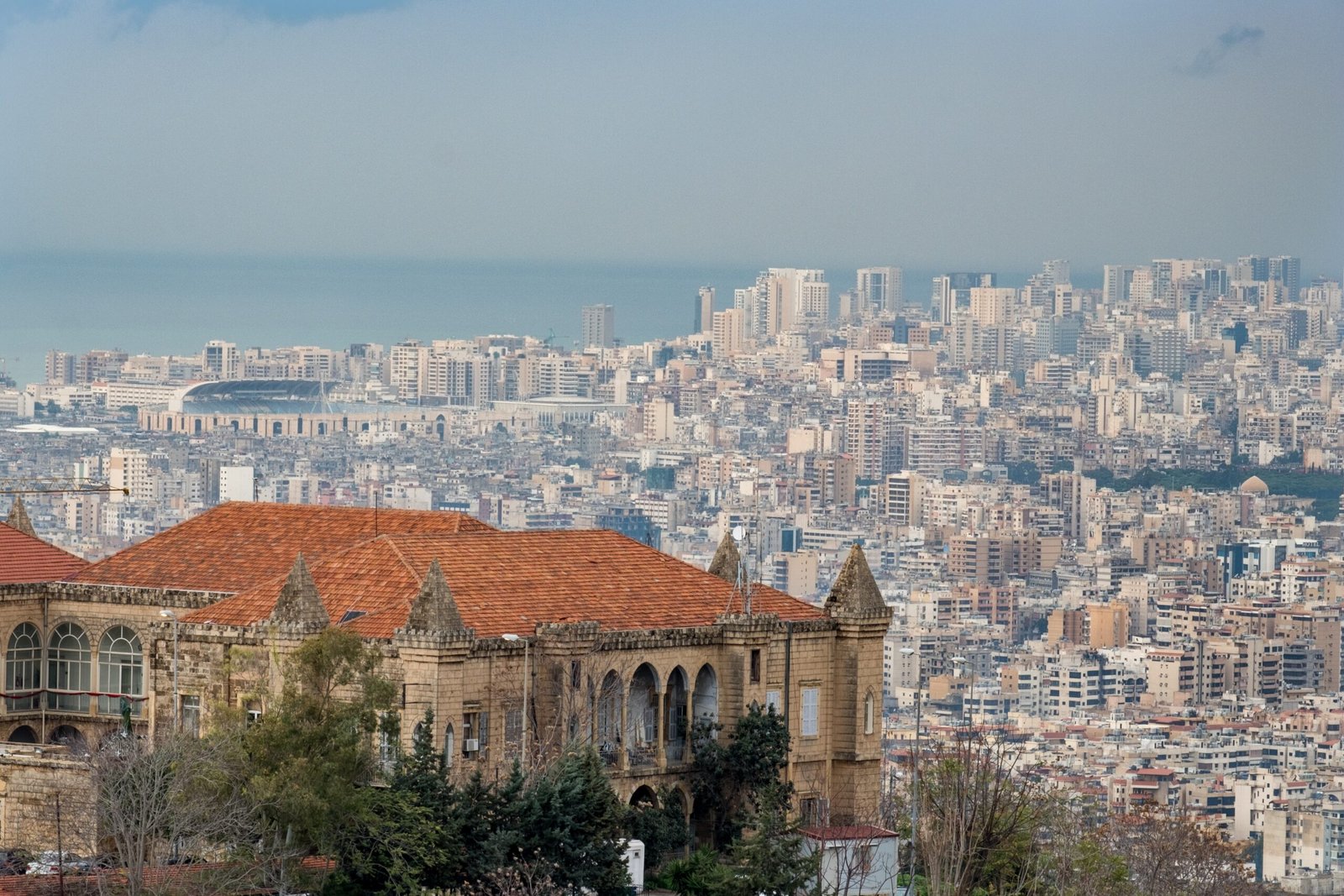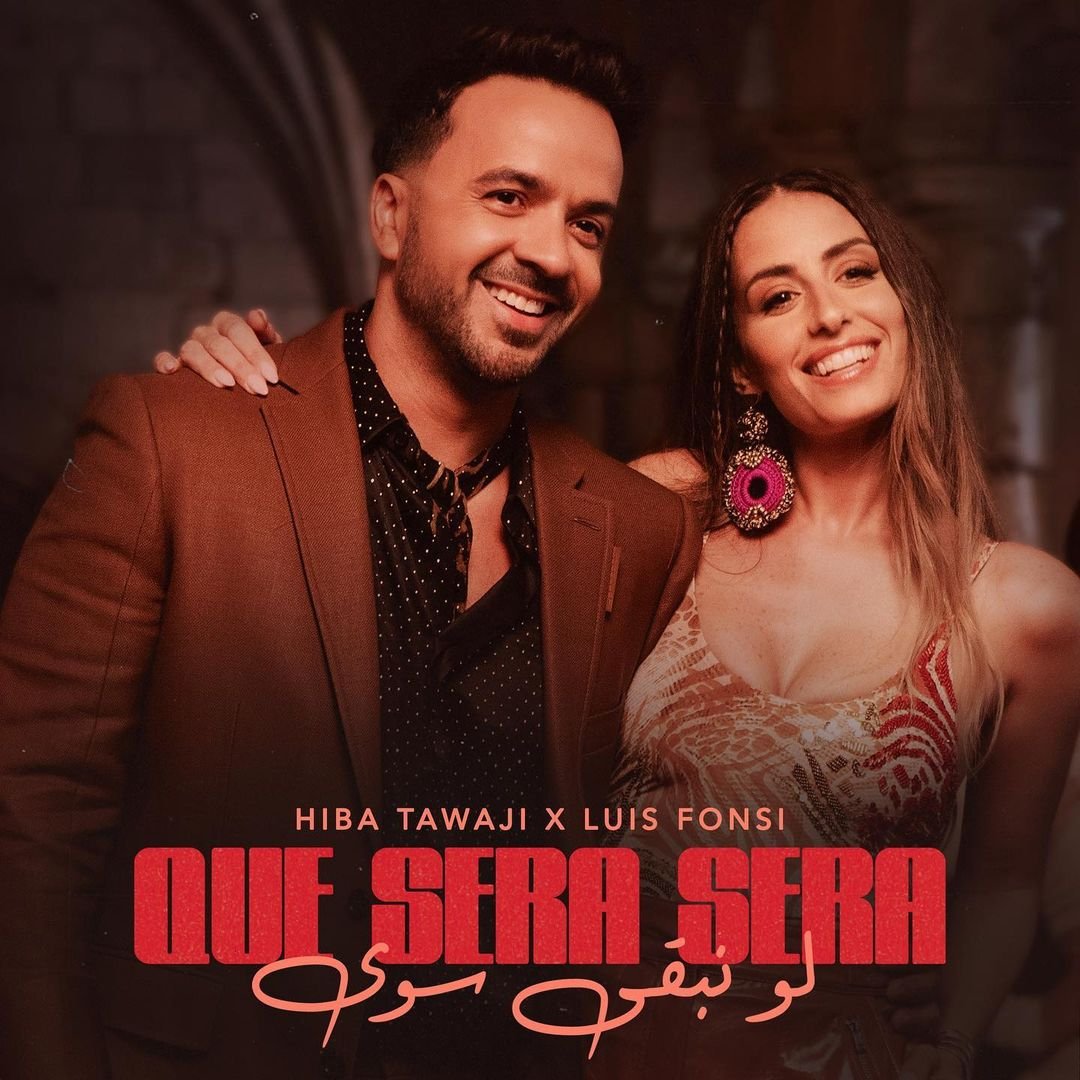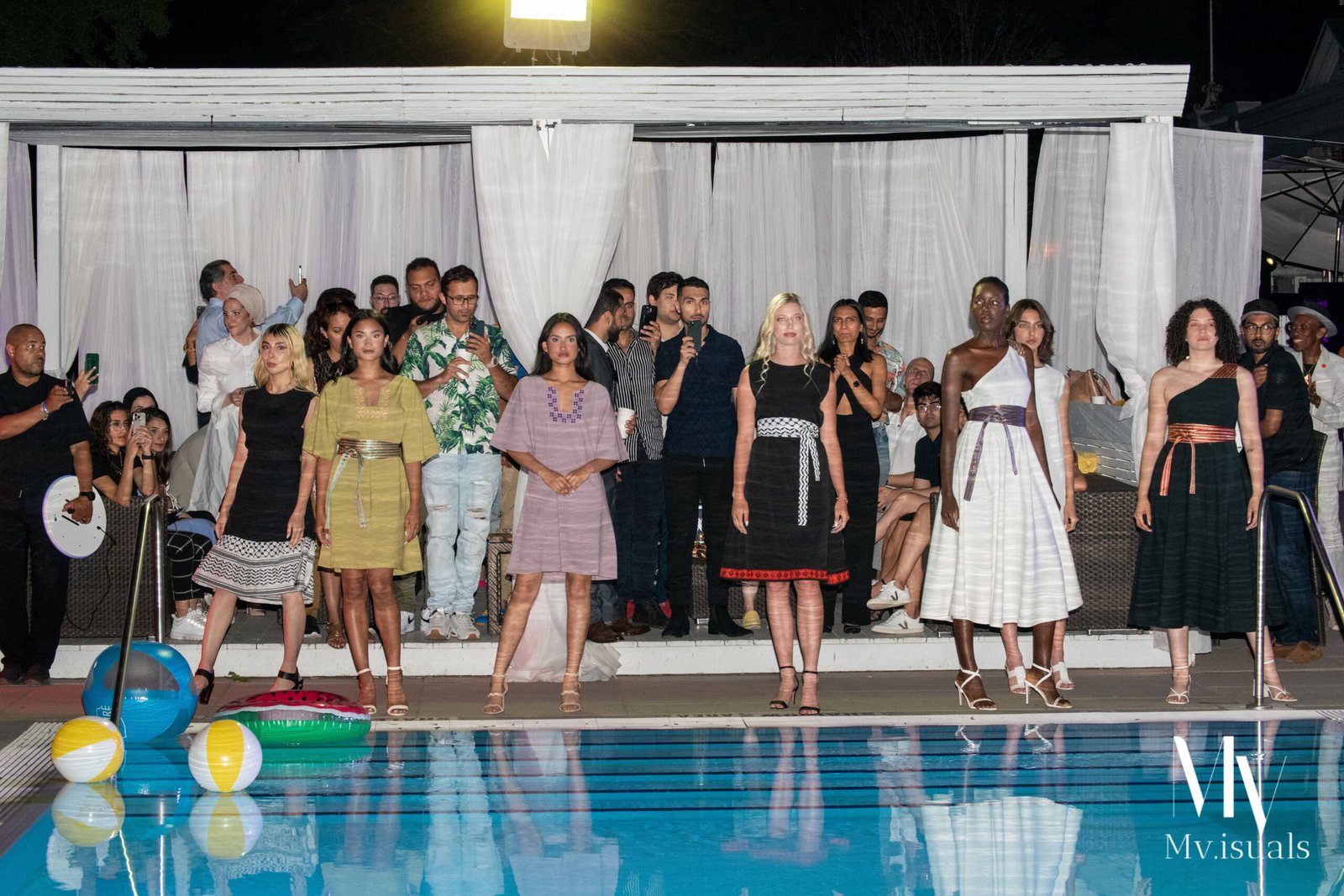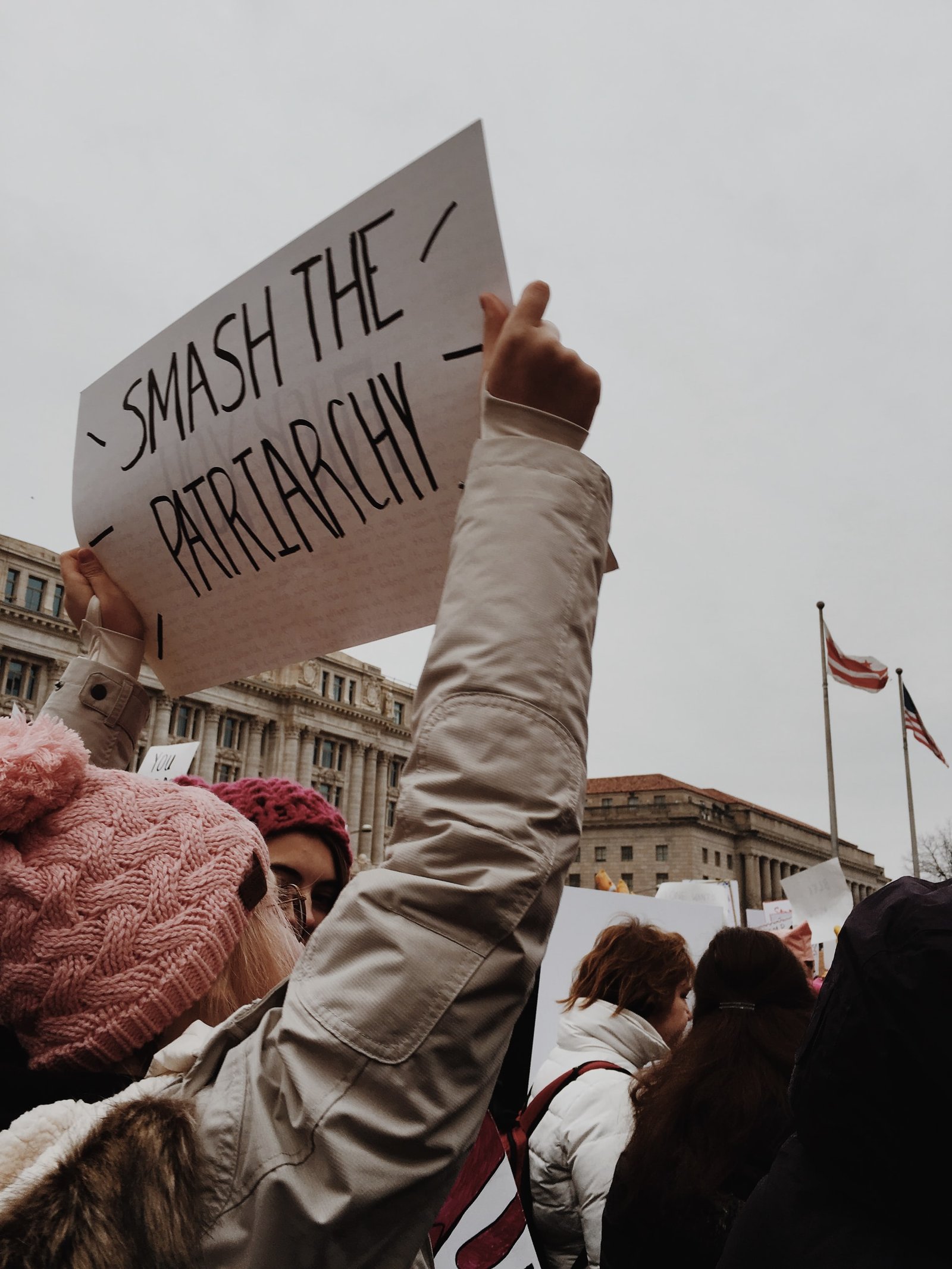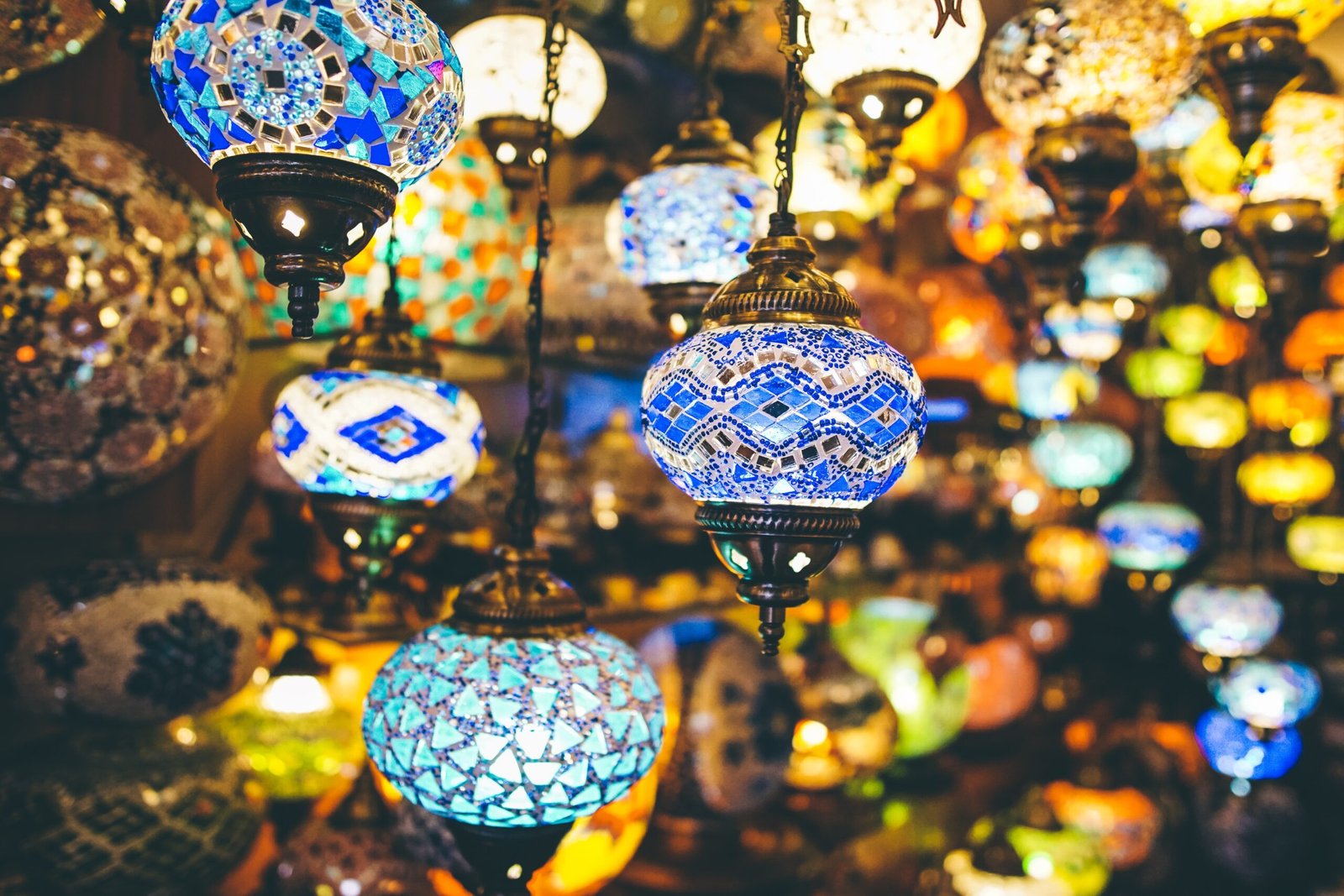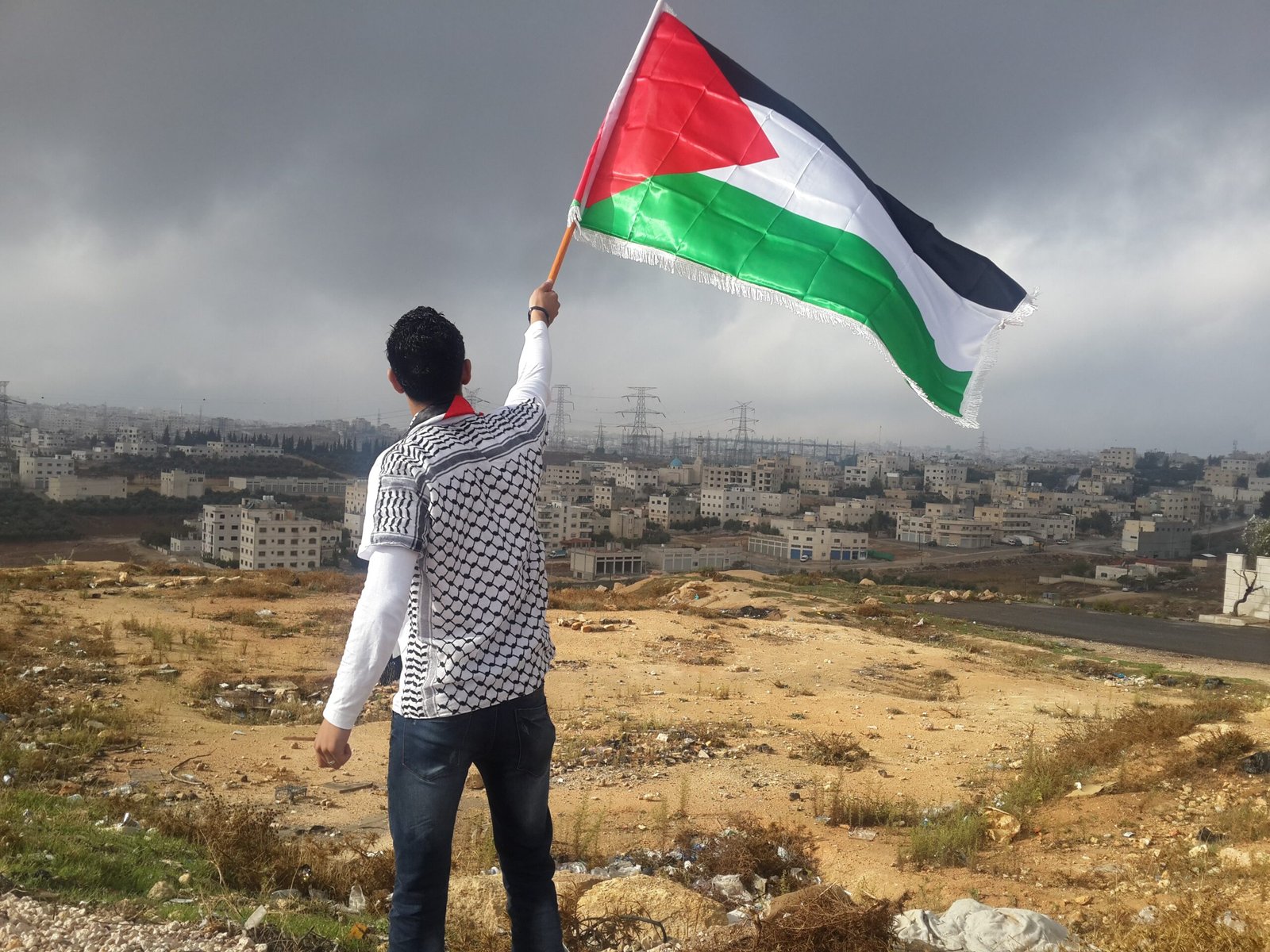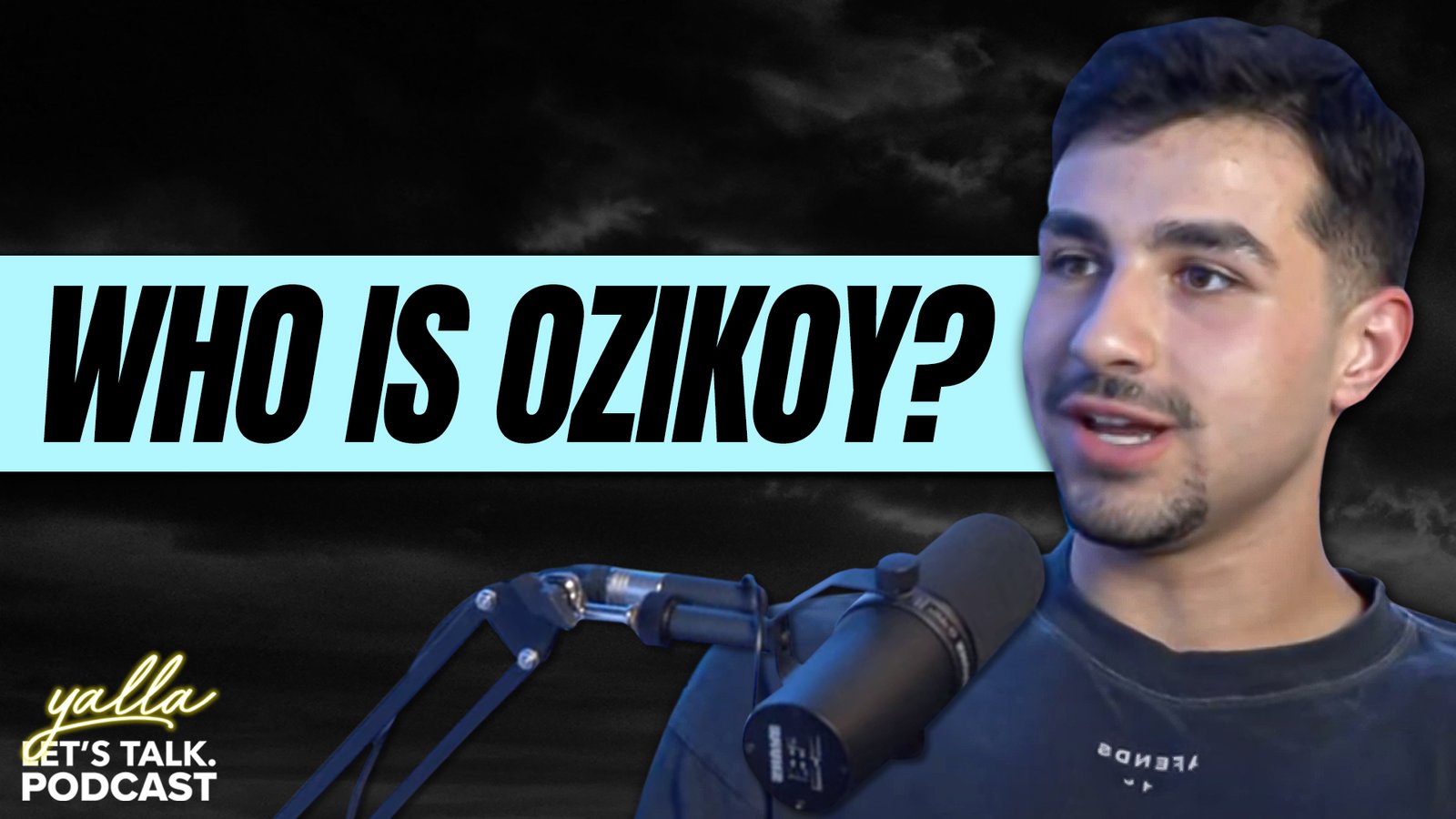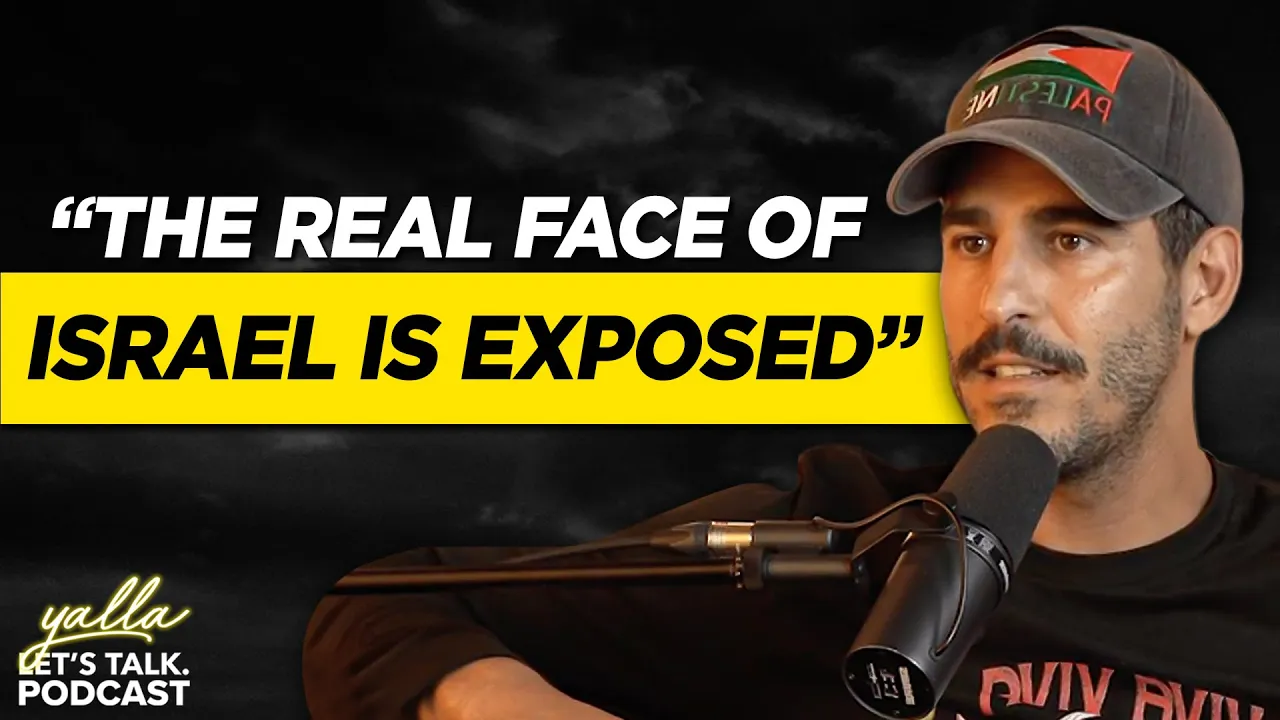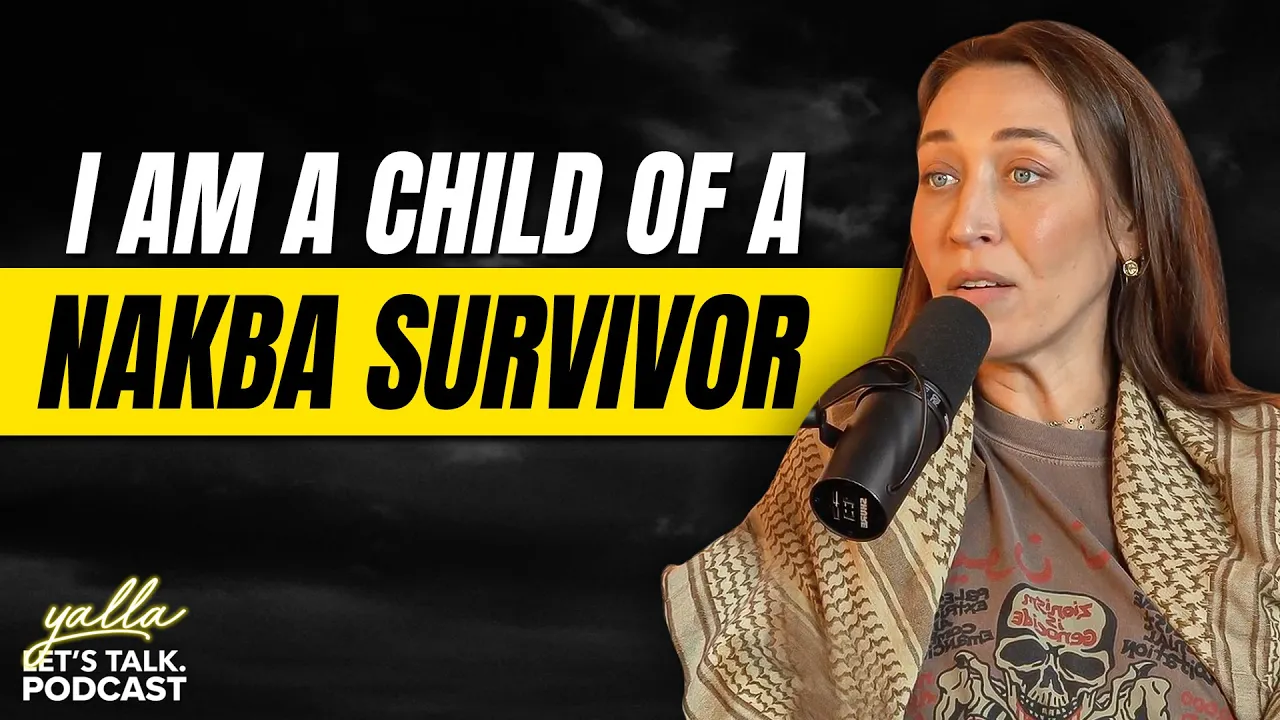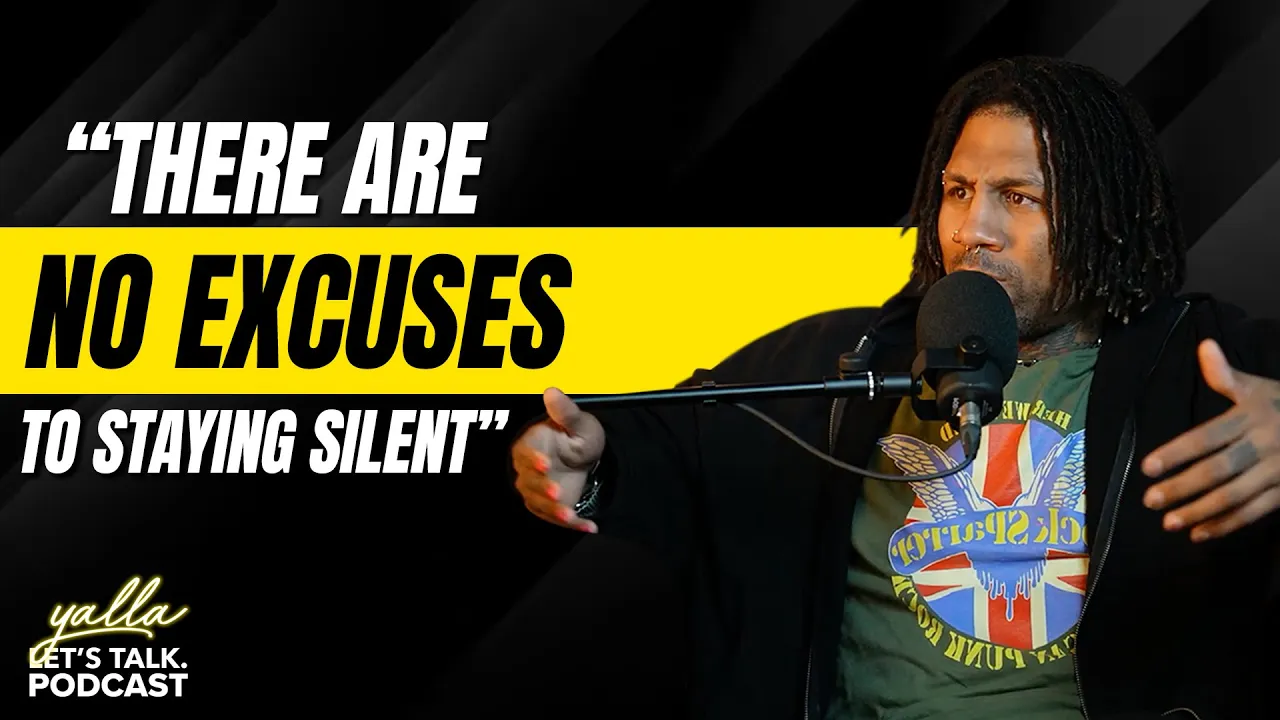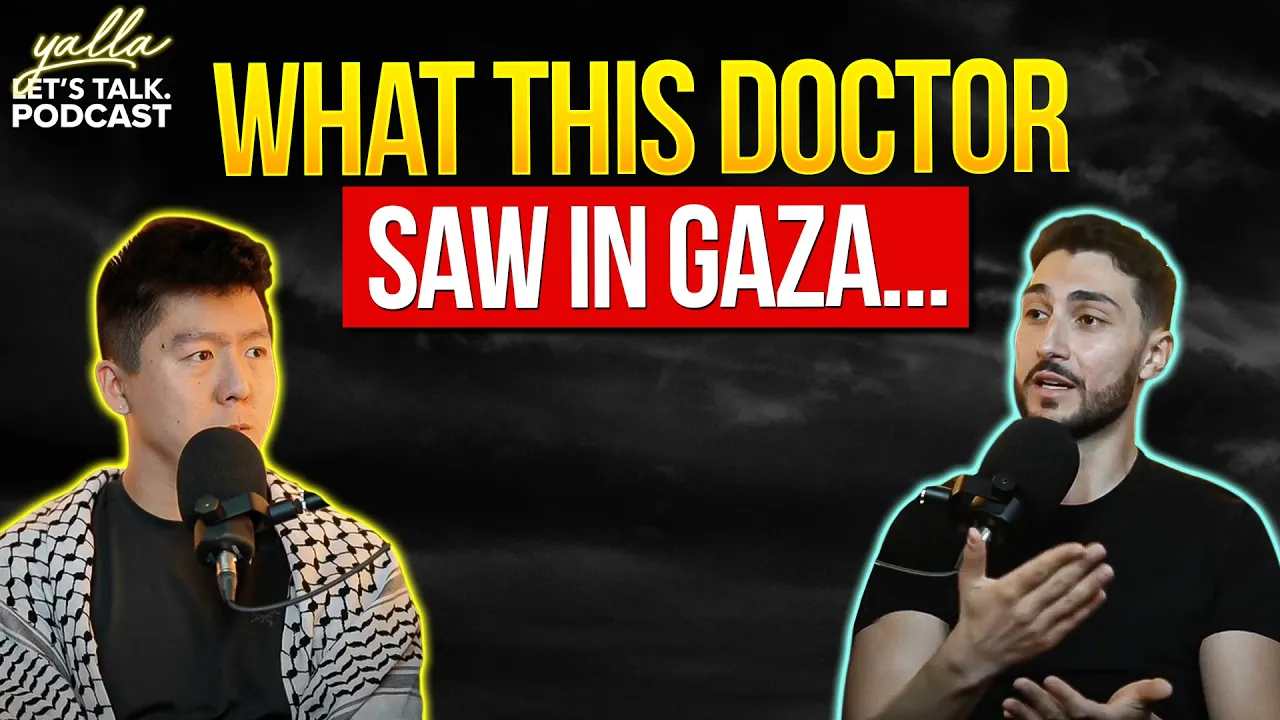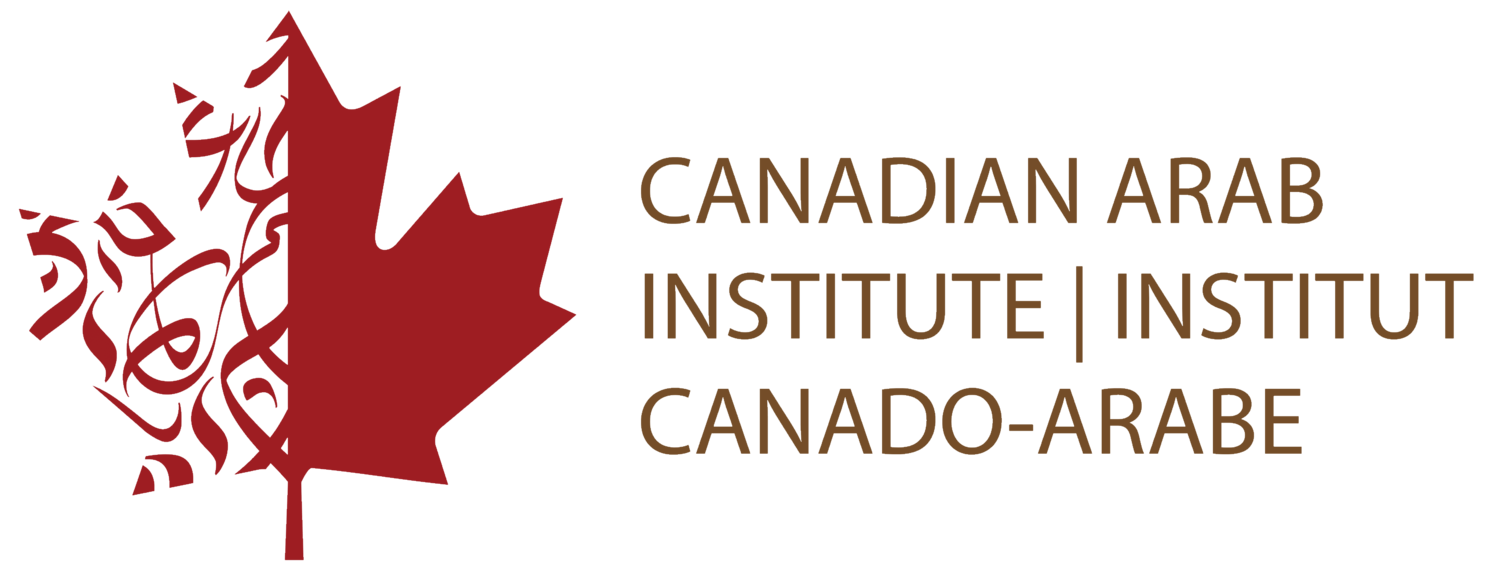An excellent purchase! Having just evaded income taxes, I bought up one of the most expensive pieces on the board. It was the middle of summer, and my sister and I were playing Monopoly in the bedroom of our grandparents’ apartment in Beirut. Curled up in our pyjamas, we sat on the floor near the corner. I was nine at the time, and the 3m high ceilings made me feel all the more like a shrimp. The walls were painted a very pale pink, and the dressers and closets were all clad with baby blue paper. The windows were tall, light flooded in, and my teta’s flowers on the balcony perfumed the room. This used to be my mom and her sisters’ bedroom when they were younger. I imagine they used to play in the same corner that we were playing in, although the space was less crowded without the bulky desktop and our luggage taking up space.
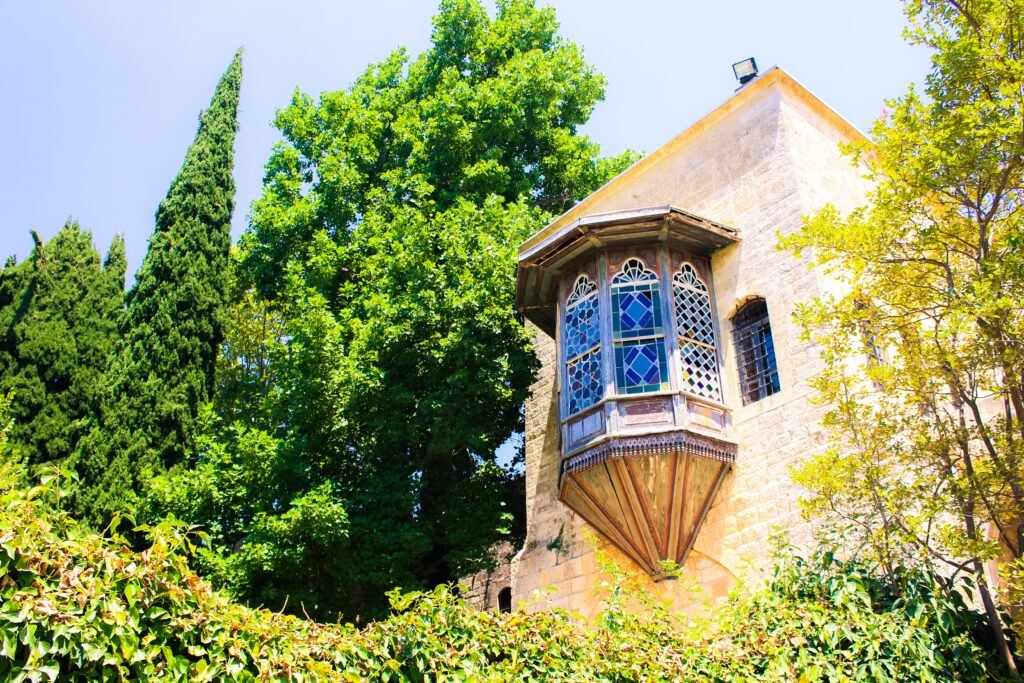
Nour, my 13-year-old sister, was in the process of letting me win my first Monopoly game against her. Having bought up a massive portion of the properties and only spending a brief stint in prison, I was poised for market domination; and on my way to becoming a very annoying 9-year-old capitalist.
Before I could roll, what would have been a decisive victory, the pieces on the board began to shake. The money started shifting around and our game piece moved on their own as if possessed. The buildings tumbled as the ground shook. The windows shattered, bursting inward as we yelled and covered our ears, the sonic boom exploding with it. I pressed my ears tightly as my body found shock on the floor, and my sister hugged me for protection. The door flung open as my mom rushed in. My heart was beating with energy. She grabbed us, pushed us into the living room.
As I sat on the sofa, pressing on my ears, all I could hear were the muddled pleadings of my mom to her parents. They were refusing to leave. My sister and I sat for what were an intense five minutes of ear-ringing as my grandparents persisted that we leave them behind. As the ringing subsided, I began to hear more of the conversation.
“We would only slow you down,” my giddo (grandfather) said, his demeanor like steel, unshaken. My mom stared at him. He and my teta (grandmother) reached out their hands and held hers. Shaking, she accepted. she walked over to us slowly, “we’re going to be leaving now, so go give giddo and teta a hug.” We hurried over and squeezed them tight while my mom left for the side room. My giddo leaned down, speaking softly, “Yalla, come and sign.” He and my teta walked us to the front door and my giddo pulled a pen off the top of the piano in the front hall.
My mom joined us, passports in hand. Next to the front door, my teta has written a prayer from the Quran.
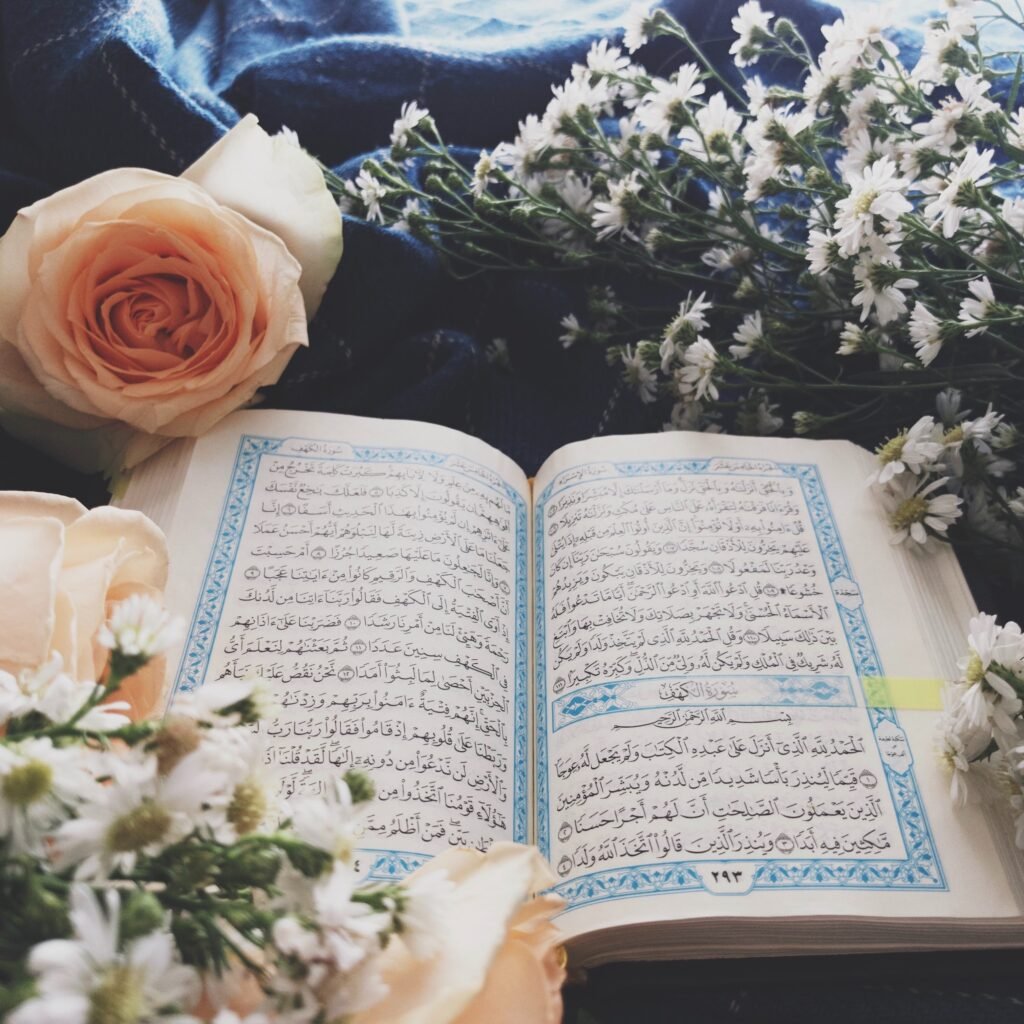
It’s a tradition we have in our family when we travel; to sign our names under the prayer. We added our names to the list of travels and embraced them once more.
The stairway was dark as we rushed down the building, the sound of the neighbours’ newborn whaling filled the halls. Nour held on to me to make sure I didn’t trip down the marble steps. As my mom ran down to make sure the stairs were safe to keep descending, we ran towards our car, parked on the street below. The sound of missiles and Israeli fighter jets saturated the city, over-powering the frenetic sounds of traffic.
My father, in Abu Dhabi at the time, called my mom. They discussed the best route to take as we raced down towards the freeway exit, with military personnel guiding us along the road. Ultimately my parents decided we would meet in Damascus, and she would try to get to the North Bridge since it was the fastest route. The next minutes were spent with my mother frantically driving through the streets and highways towards Syria. The roads no longer the beautiful picturesque settings of cedar trees and jasmine flowers. Now a fiery landscape, trees split, buses full of people were aflame, and the smell of burning rubber was suffocating. My mom pleaded for us to close our eyes as we sat in the back, my sister holding me, trying to keep me calm.
Once the car was racing through the mountains, the trip became all that more treacherous. The streets narrowed, the elevation increasing, and no railing in view to stop a deadly fall. We were darting to the Beirut-Damascus Highway. After descending the mountain, we approached the North Bridge. The car screeched to a stop.
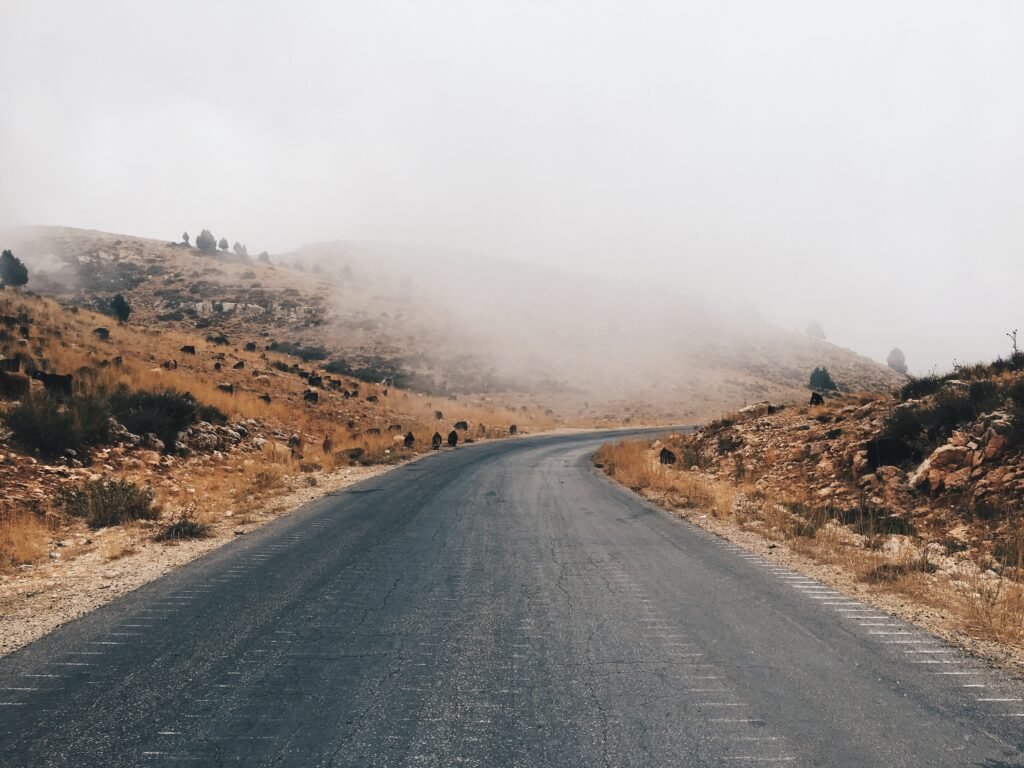
The bridge collapsed. As the airstrike hit, the concrete pillars burst, and the debris plunged into the valley. Cars crushed, families crushed, as the mass of the wreckage fell in on itself. We looked in horror. Paralyzed. As we sat there, I asked, “what do we do now?” My mom paused and looked at us through the rear-view mirror. Tears in her eyes. It was an unimaginable amount of pressure for her, so looking back at her I smiled, as Nour looked at me, she smiled. We were terrified, but now was not the time to add stress. My mom took a deep breath and smiled back.
“See habibeteh, this is why we signed,” she said calmly.
I peered back at the valley and I saw it …
As the bomb dropped, the smoke rose, and with it, hope.
It’s just physics.
By Said Chehab Eddine
@saidchehabeddine

